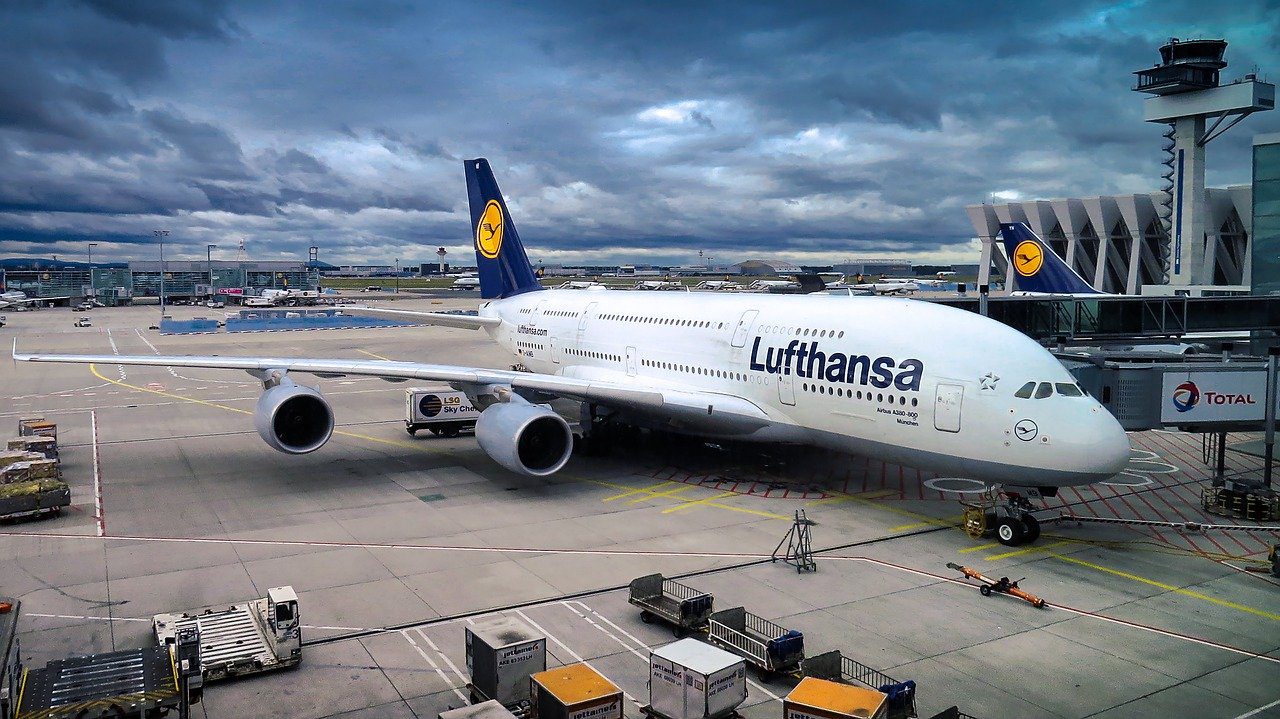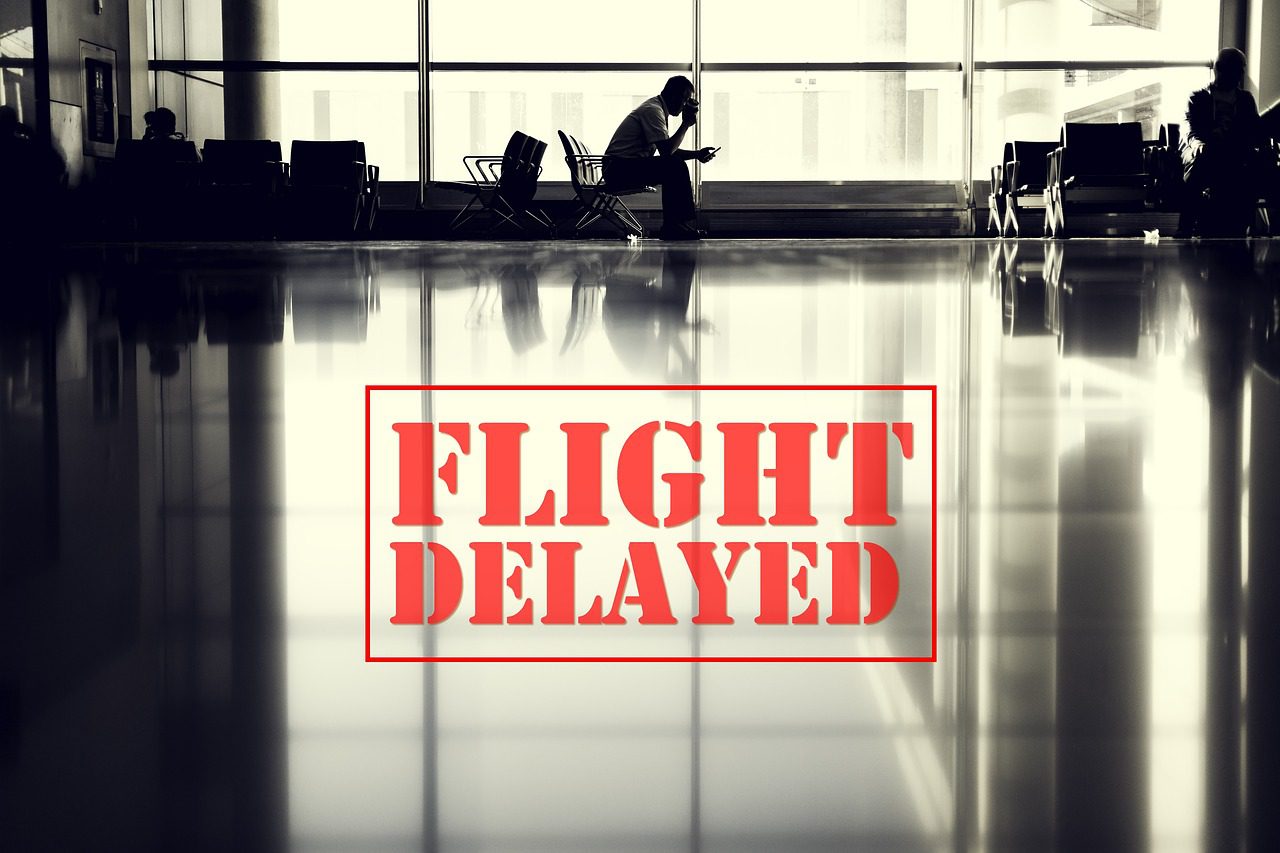Lufthansa Passengers Have to Take a Selfie to Prove they Are Real and Get a Refund Quietly and without any mention in their Terms and Conditions, Lufthansa the German national carrier now requires its passengers to provide a selfie of themselves holding their ID next...
GDPR Infringement? Lufthansa Sets Rules for Refunds
Continue Reading










